It is not difficult to explain this, as the Victory Day celebrations, which have been held since the Soviet era on May 9, are not only a tribute to the generation of fathers and brothers who fought and defeated Nazi Germany, but also an occasion to unite people from all walks of life. To date, one in six Russians has attended a Victory Day celebration.
One of the most iconic images of Victory Day is the presentation of carnations to veterans who participated in the Great Patriotic War and many other notable activities. The highlight of Victory Day in Russia is the military parade with the participation of thousands of soldiers and modern military equipment and the appearance of President Vladimir Putin and many other leaders. While the US and the West do not have large military parades to commemorate the end of World War II.
So why does Russia spend so much resources celebrating Victory Day?
Tradition since the collapse of the Soviet Union
It may seem strange, but in Soviet times, Victory Day parades were often held in a much more modest manner than in modern Russia. After the massive parade in Red Square in June 1945, the Soviet Union did not hold any commemorative parades for 20 years.
Historian Denis Babichenko assessed that there were many historical issues involved, which is why it was not until 1965 that Victory Day was recognized as the main holiday of the Soviet Union.
Under Leonid Brezhnev, Victory Day became a state holiday. However, large parades were only held in even-numbered years. The last Victory Day parade under the Soviet Union was held in 1990. After the collapse of the Soviet Union, the parades were discontinued until 1995, and the scale of the parades has been maintained since 2000.
The fulcrum of national unity and solidarity
Historian Dmitri Andreev believes that the annual Victory Day celebrations play an important role in modern Russian history. They serve to unite the Russian people.
“Victory Day and commemorative events create unity and harmony among the peoples of the federation,” said historian Dmitri Andreev.
All activities such as military parades, fireworks, the Immortal Regiment march… have a profound meaning of solidarity. The Russian government always keeps Victory Day as a symbol and identity of modern Russia, the successor state of the Soviet Union.
According to a survey by the Levada Center, despite some opposition to the Victory Day celebrations, the majority of Russians (about 96%) support preserving and continuing to hold annual parades.
“Ever since I was a child, my parents took me to the annual parades. It was amazing to see young men in uniform and the presence of modern military equipment. When I heard the cry “Ura”, I felt proud and protected. It is a good tradition and should be continued,” said Yulia Kovaleva, from Moscow.
TUAN SON (according to Rbth, Ura.ru)
Source



![[Photo] Official welcoming ceremony for French President Emmanuel Macron and his wife on a state visit to Vietnam](https://vphoto.vietnam.vn/thumb/1200x675/vietnam/resource/IMAGE/2025/5/26/a830702ef72f455e8161b199fcefc24d)
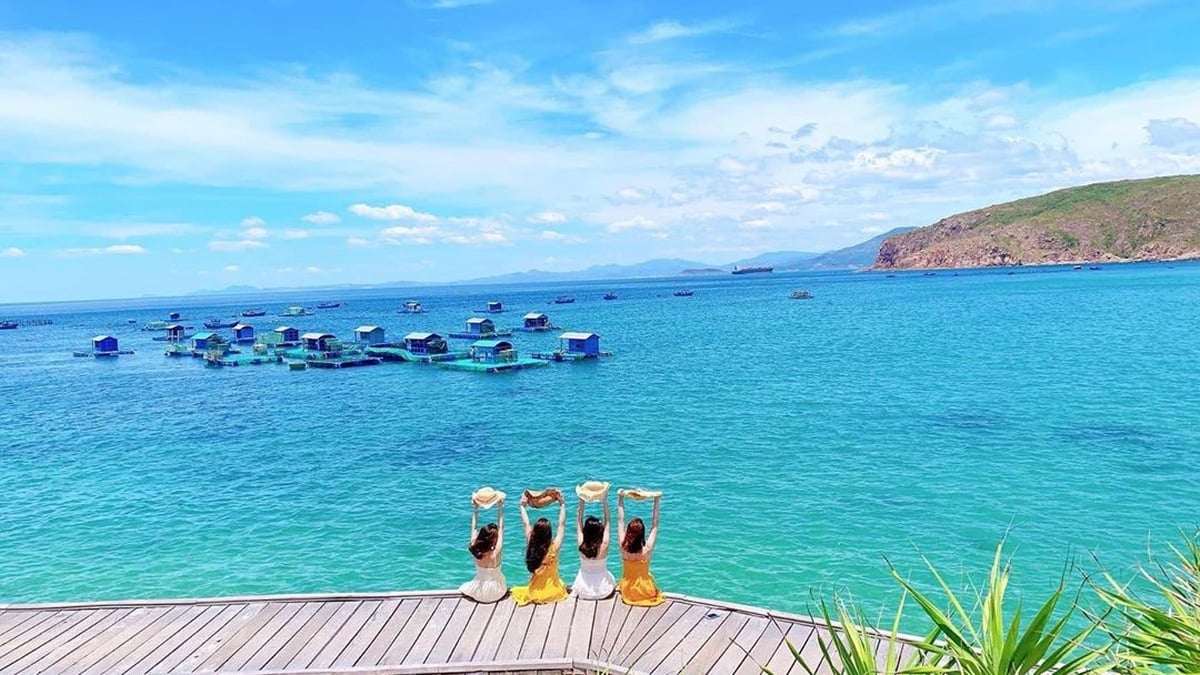
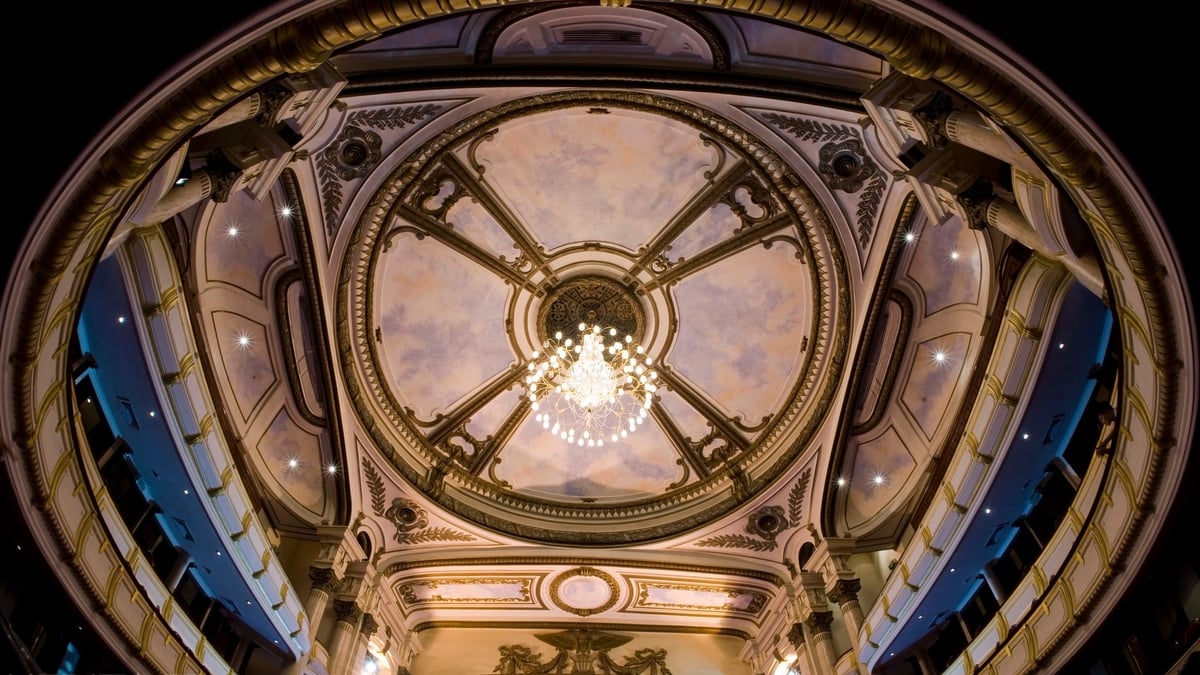
![[Photo] Pink ball and table tennis](https://vphoto.vietnam.vn/thumb/1200x675/vietnam/resource/IMAGE/2025/5/26/d9f770bdfda243eca9806ea3d42ab69b)
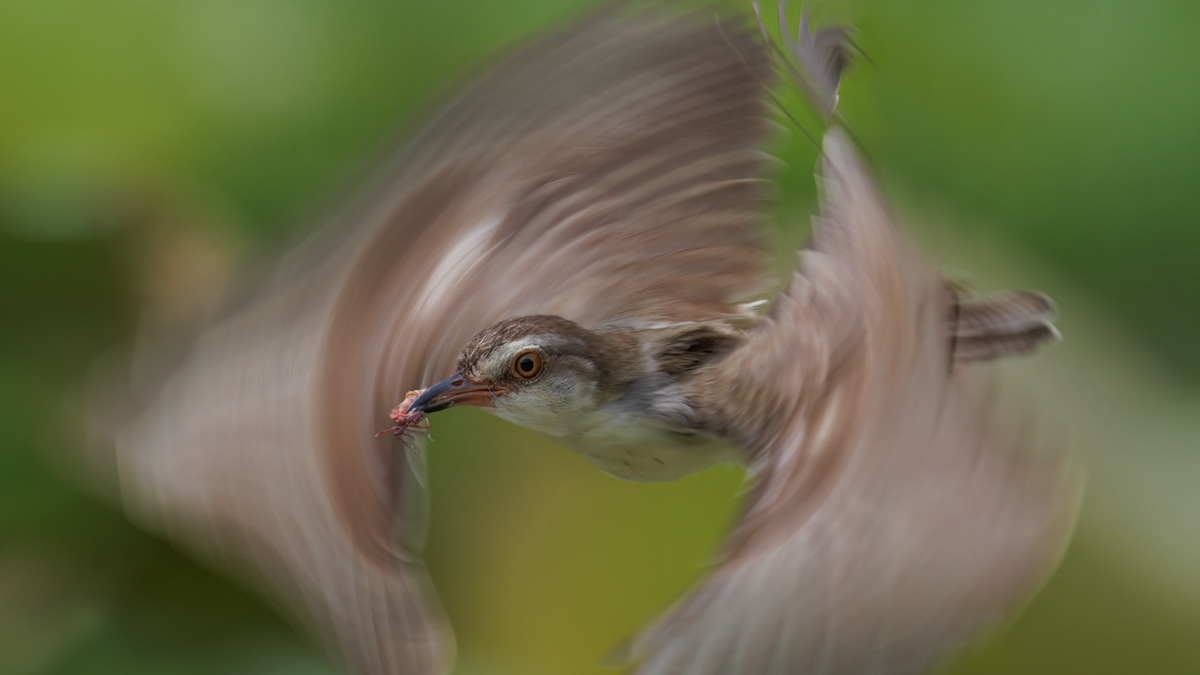



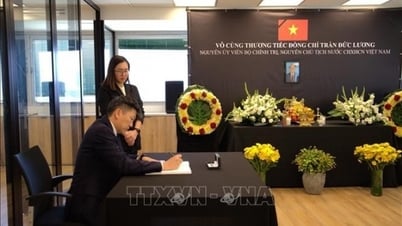
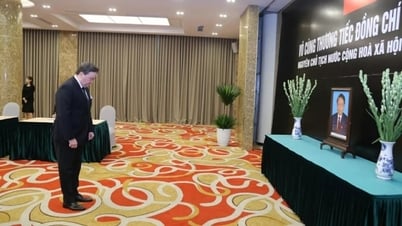

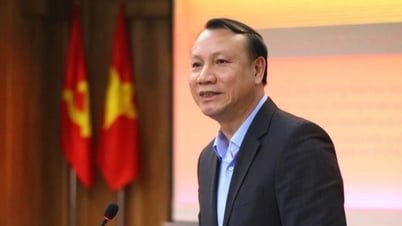




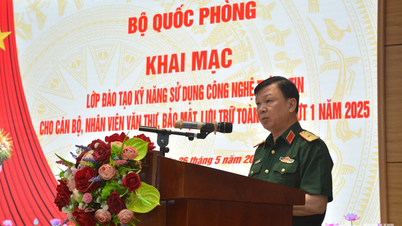
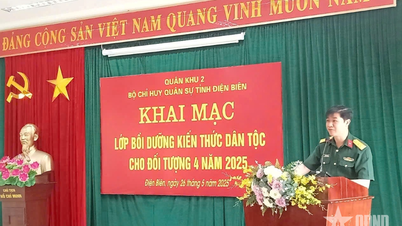
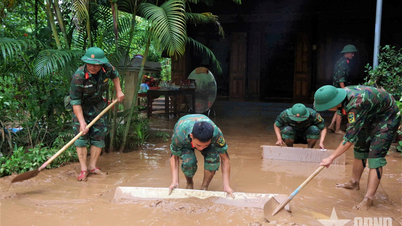
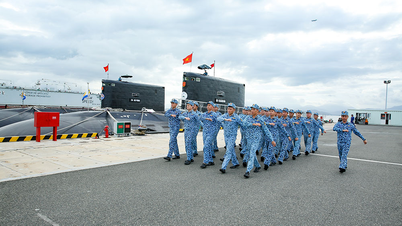
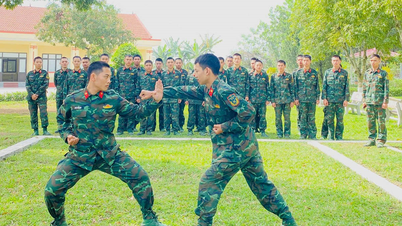
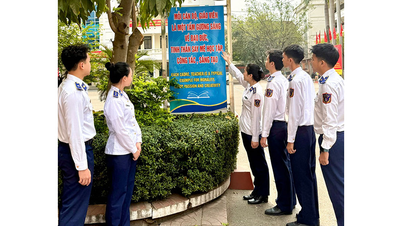
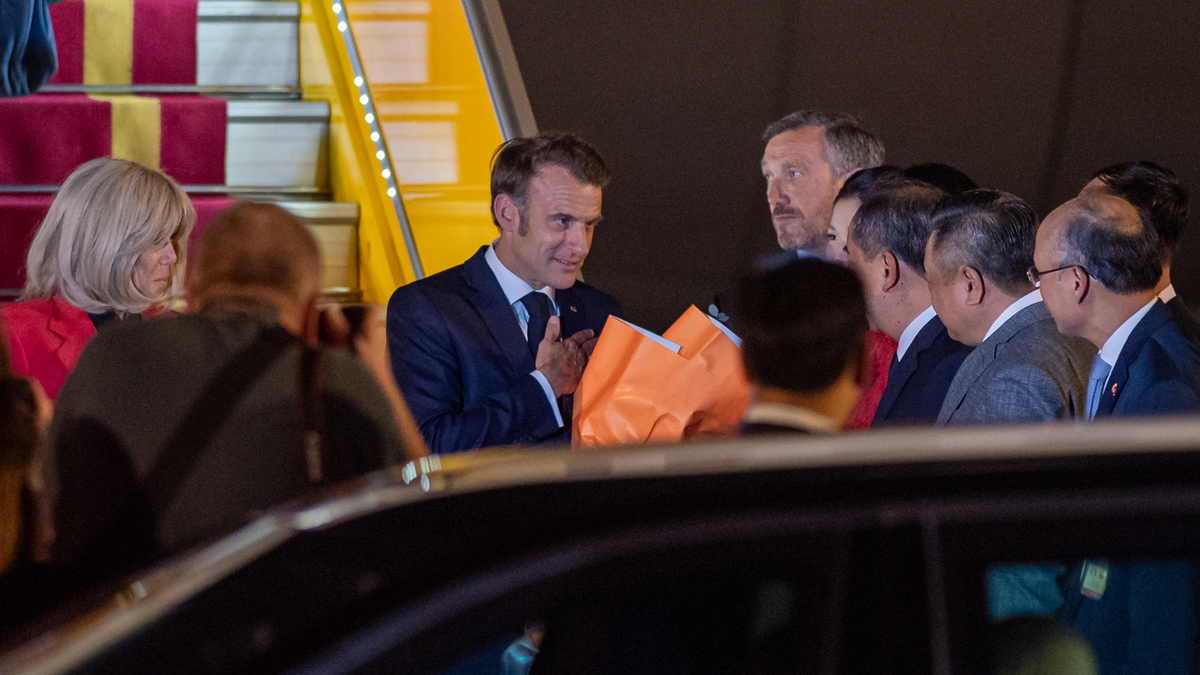
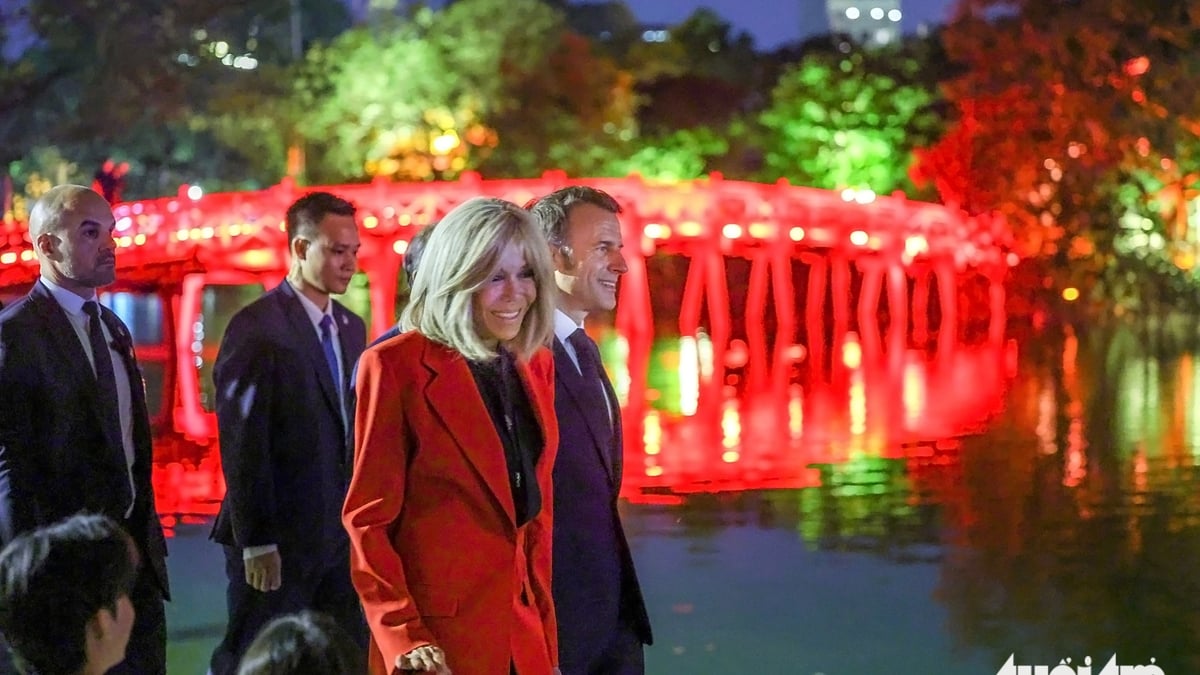
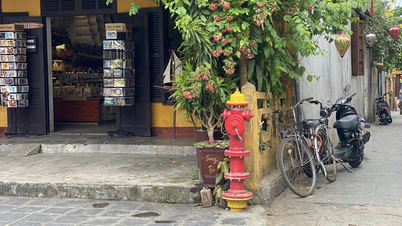

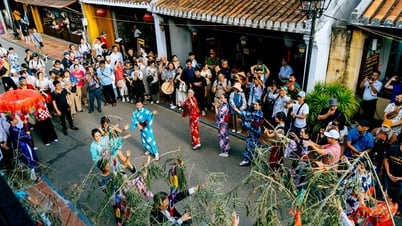





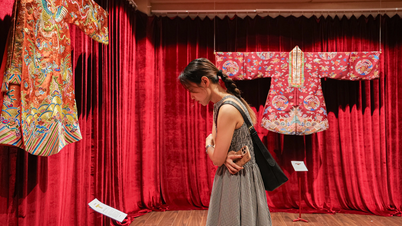



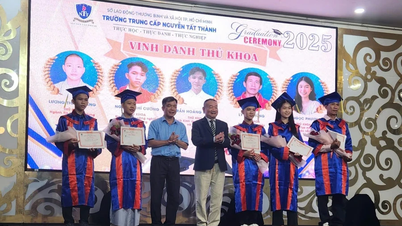
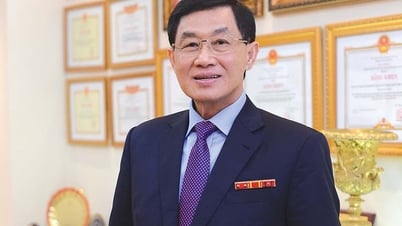



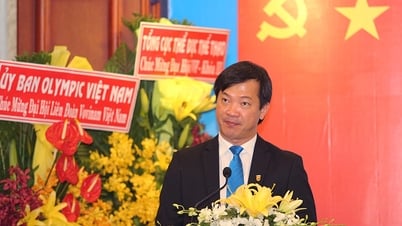



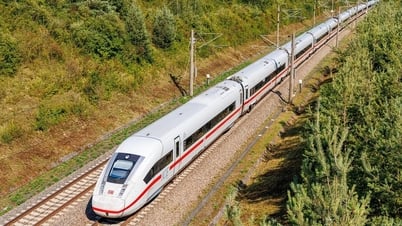

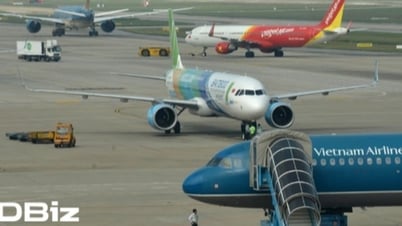
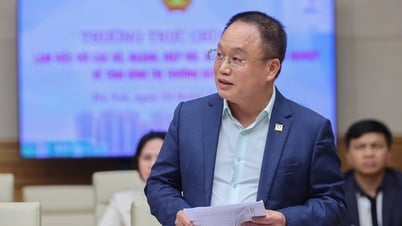


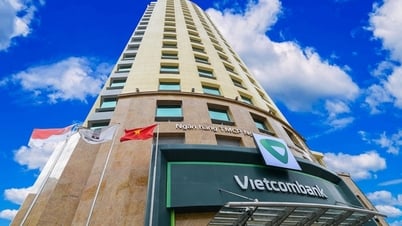

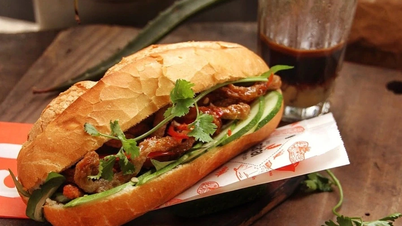
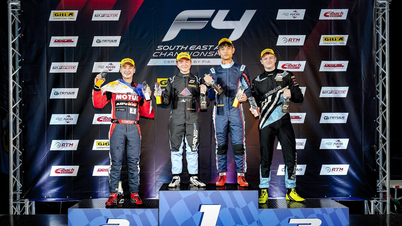
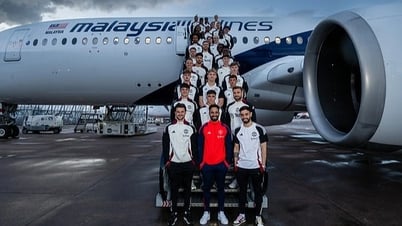
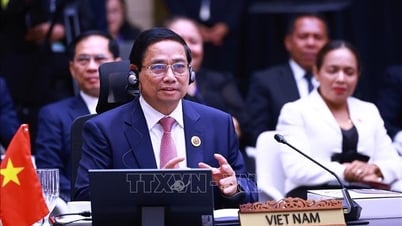

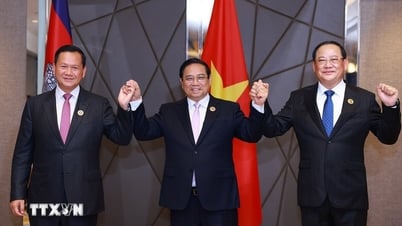
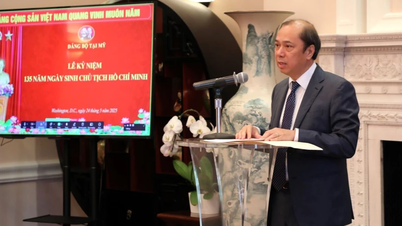
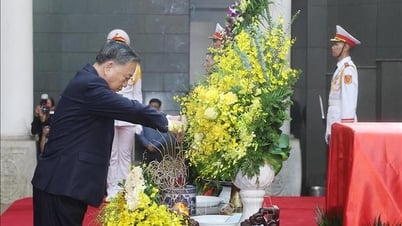

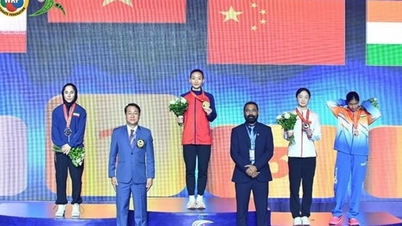

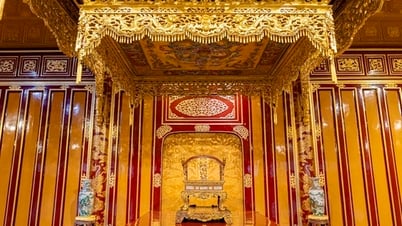
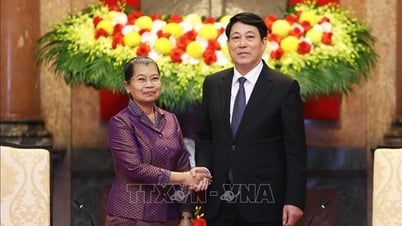
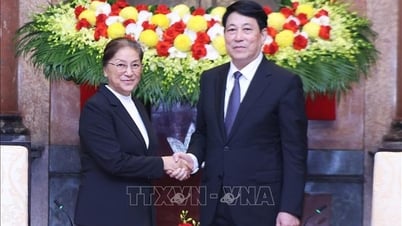

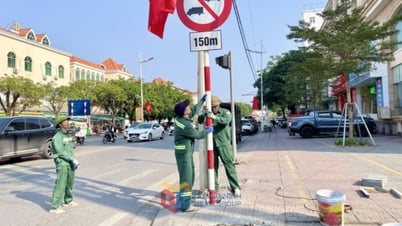
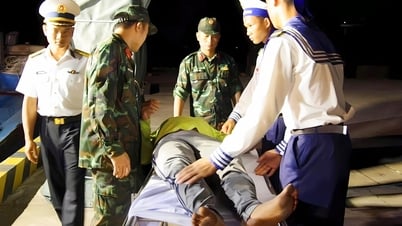



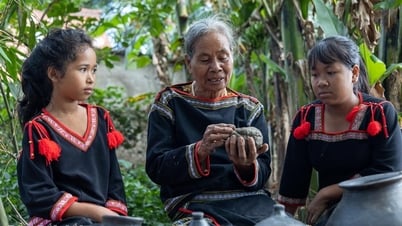

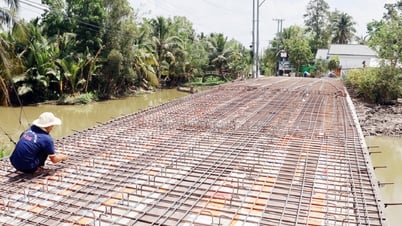
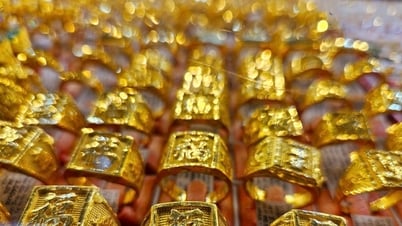

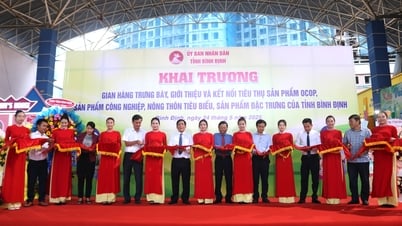

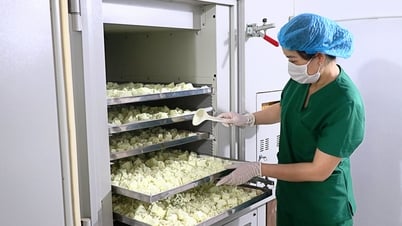

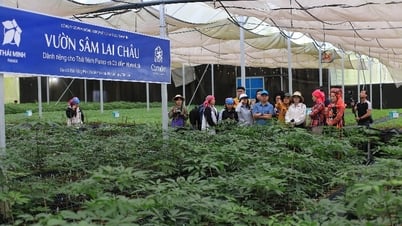







Comment (0)